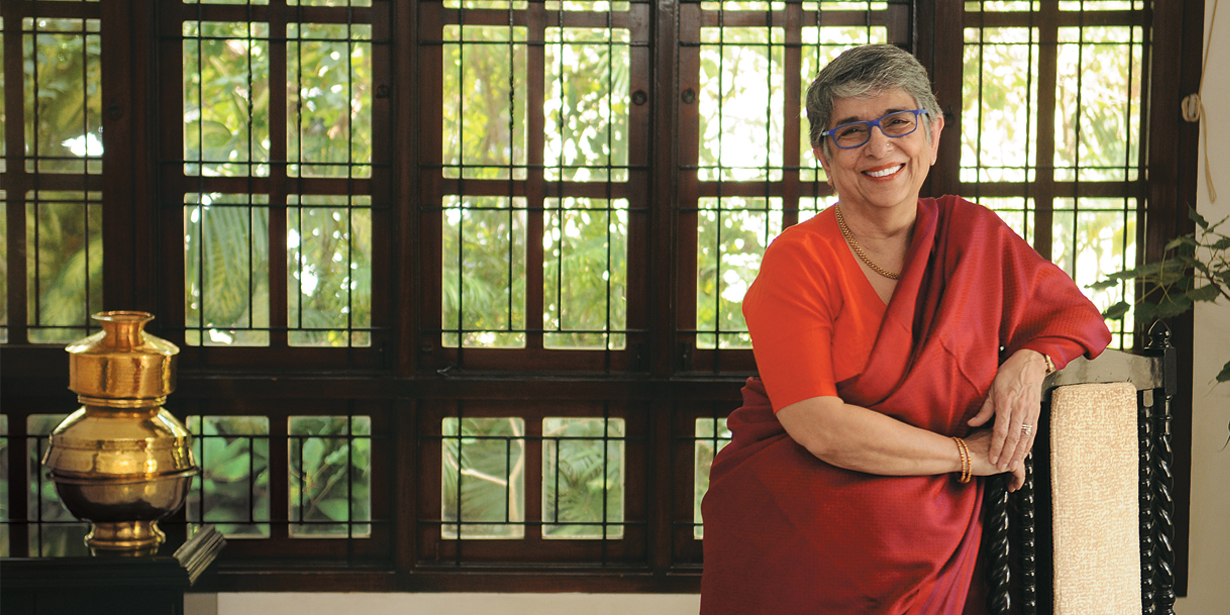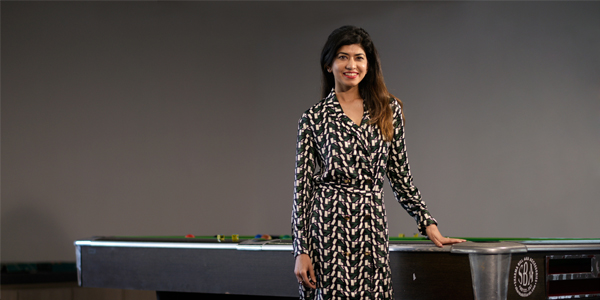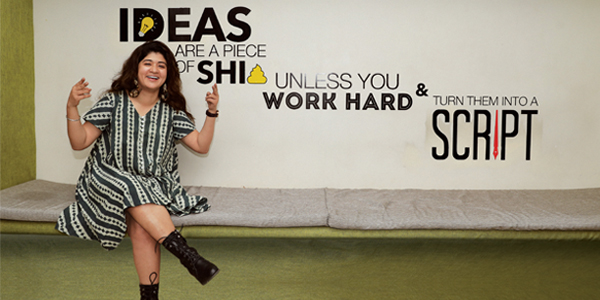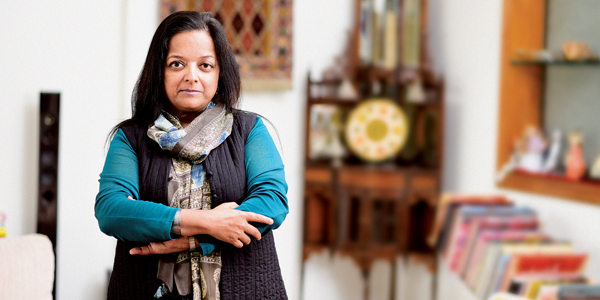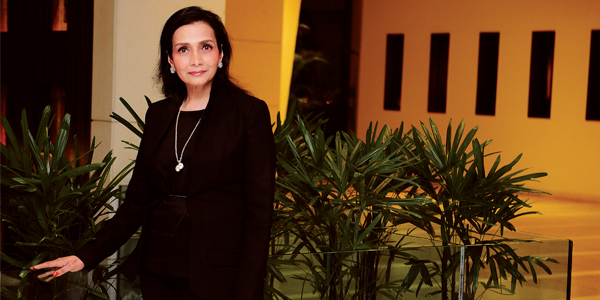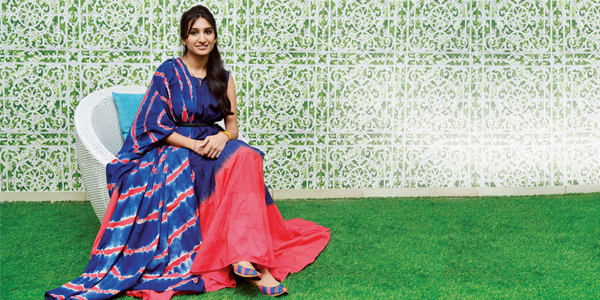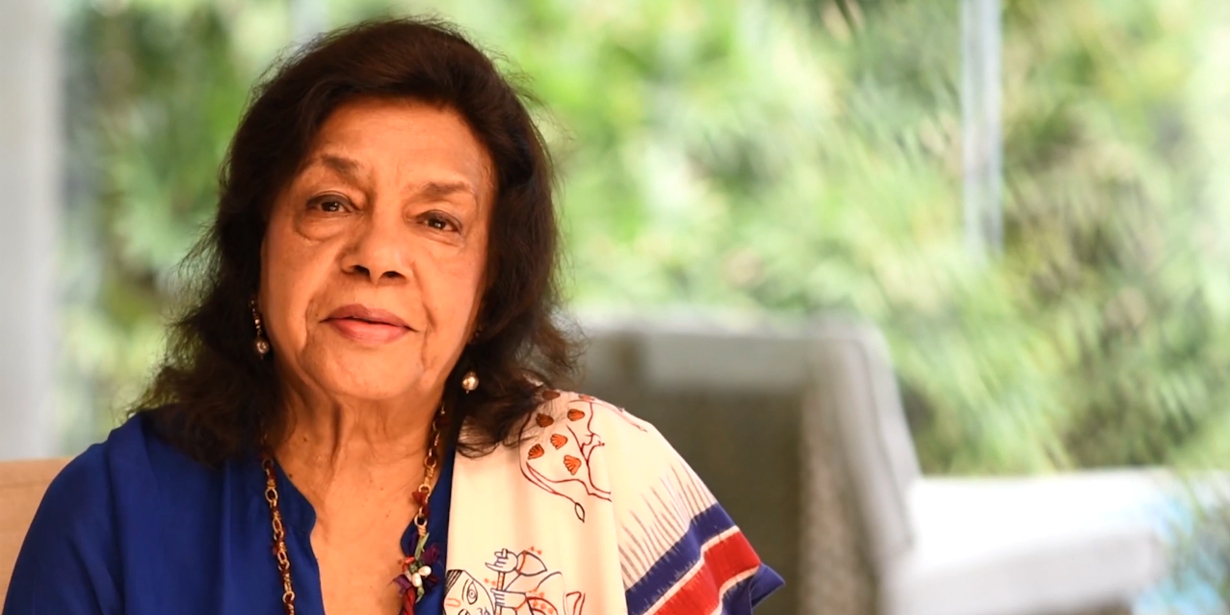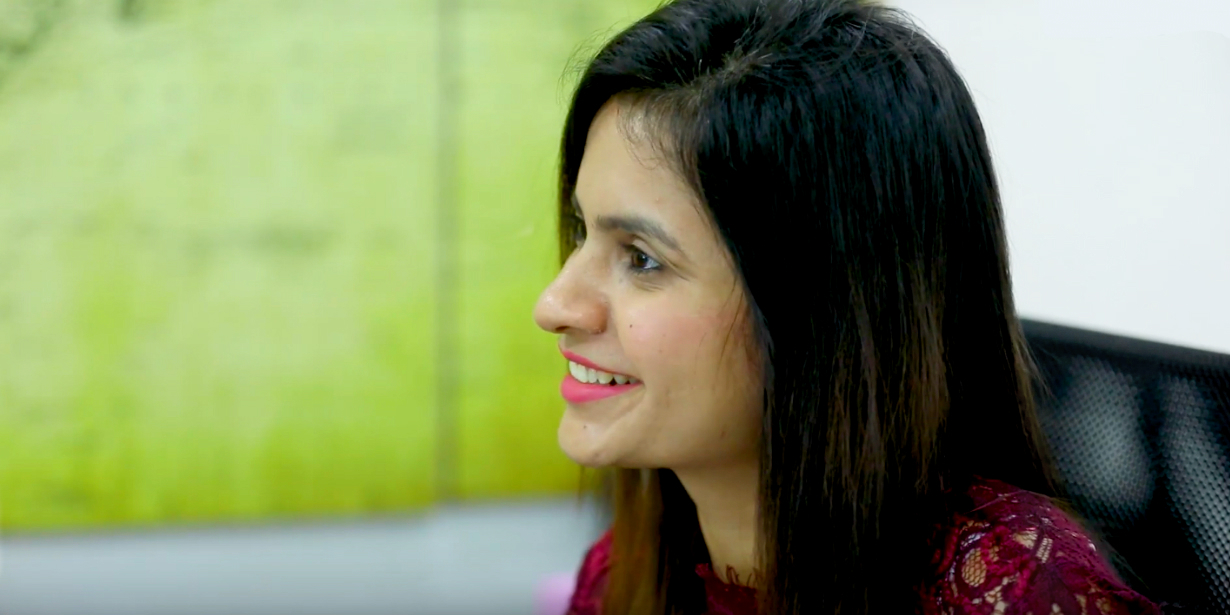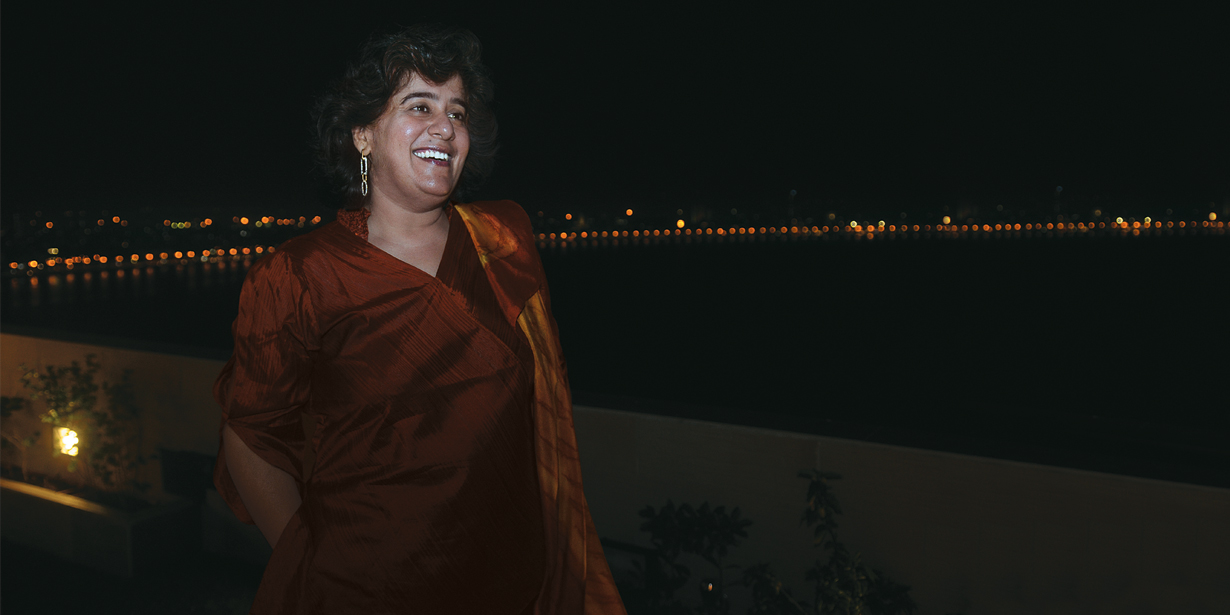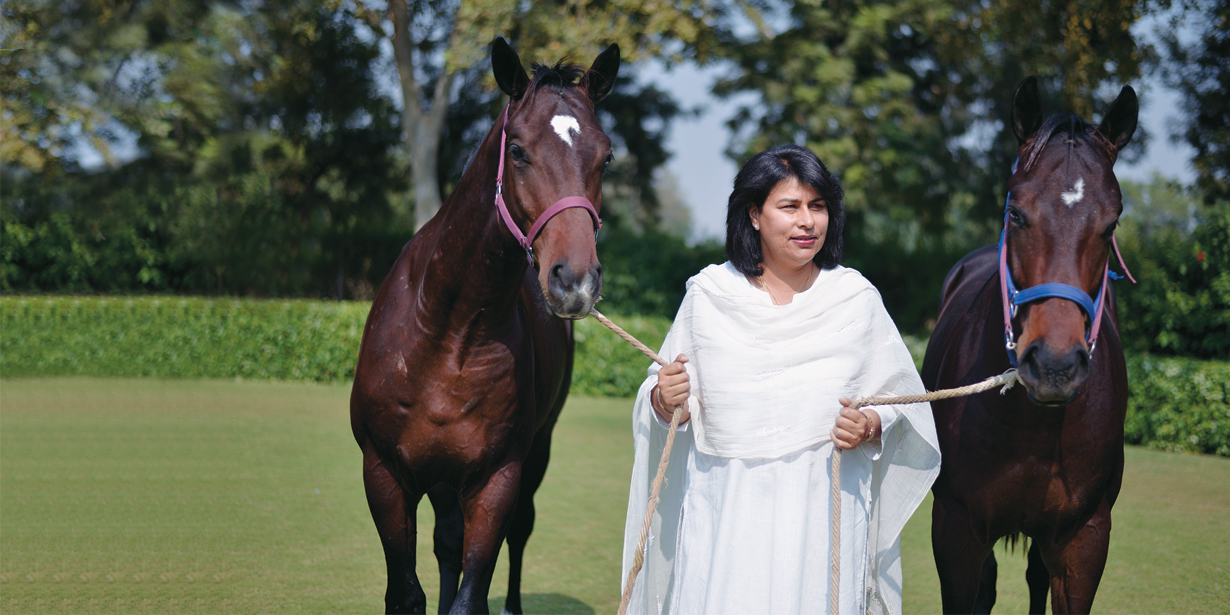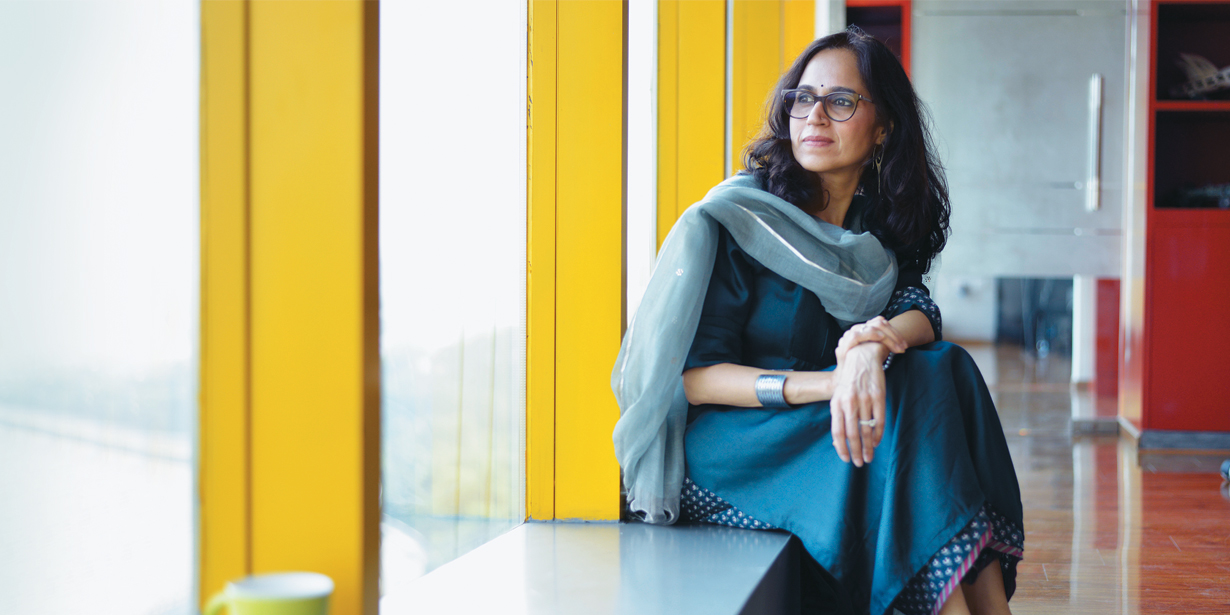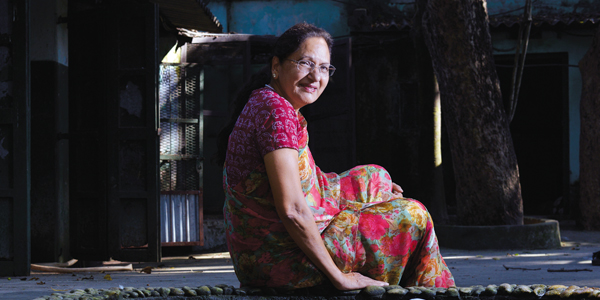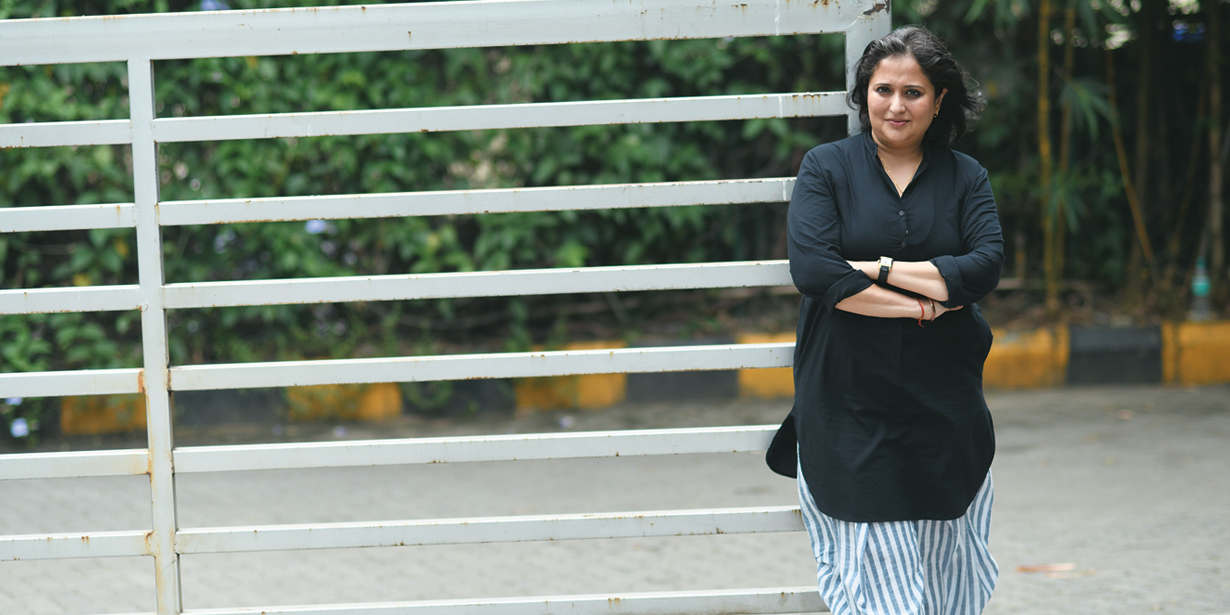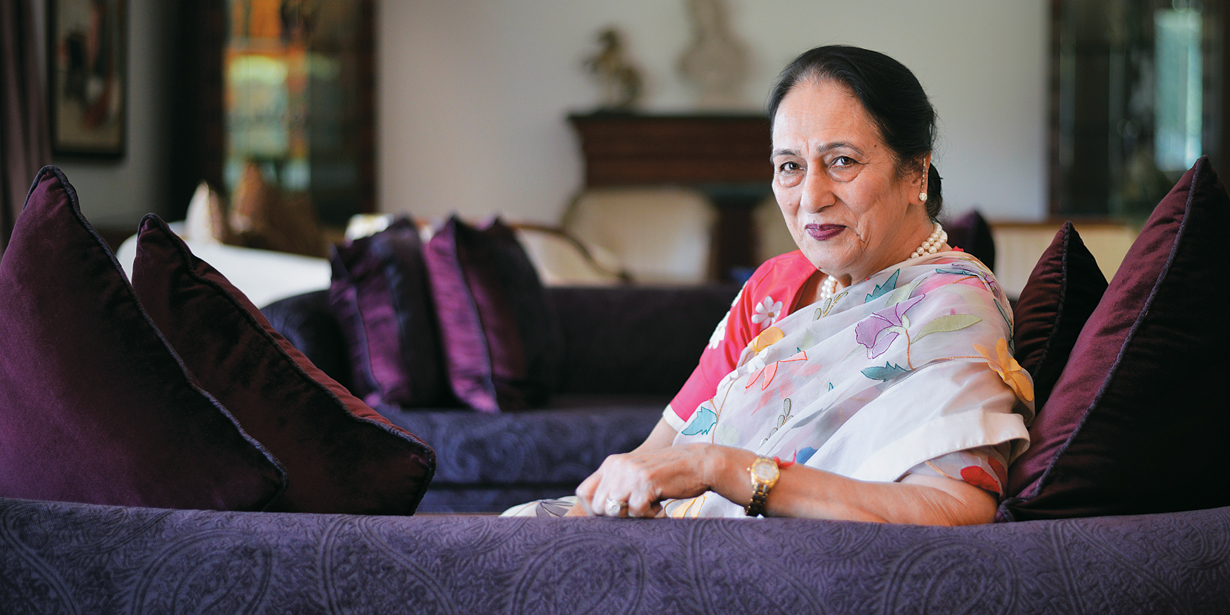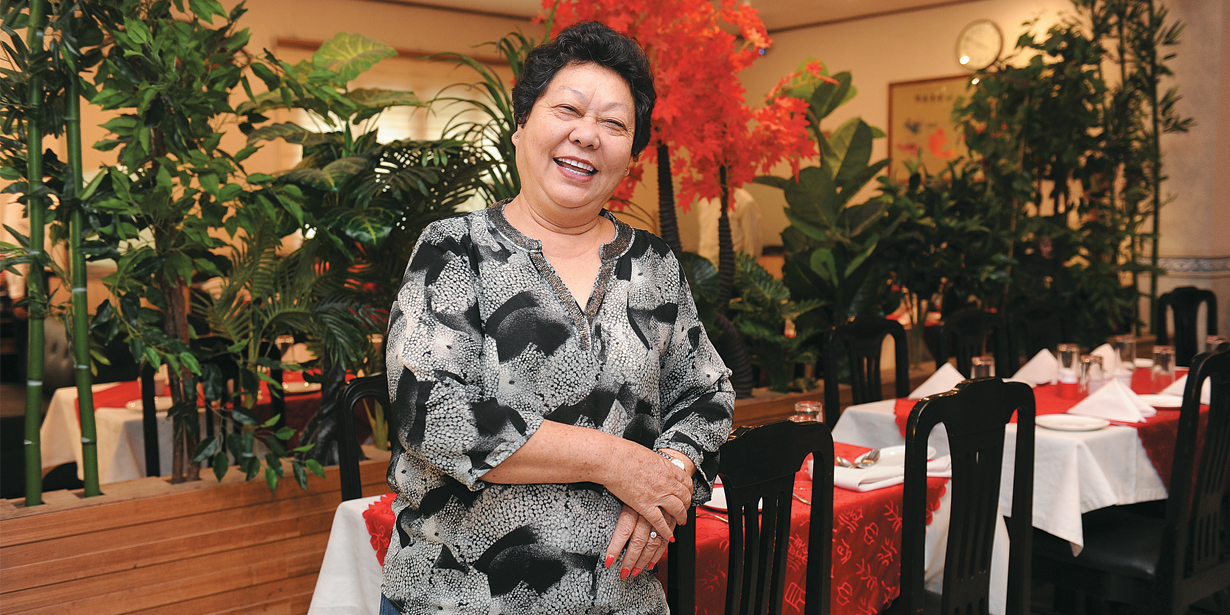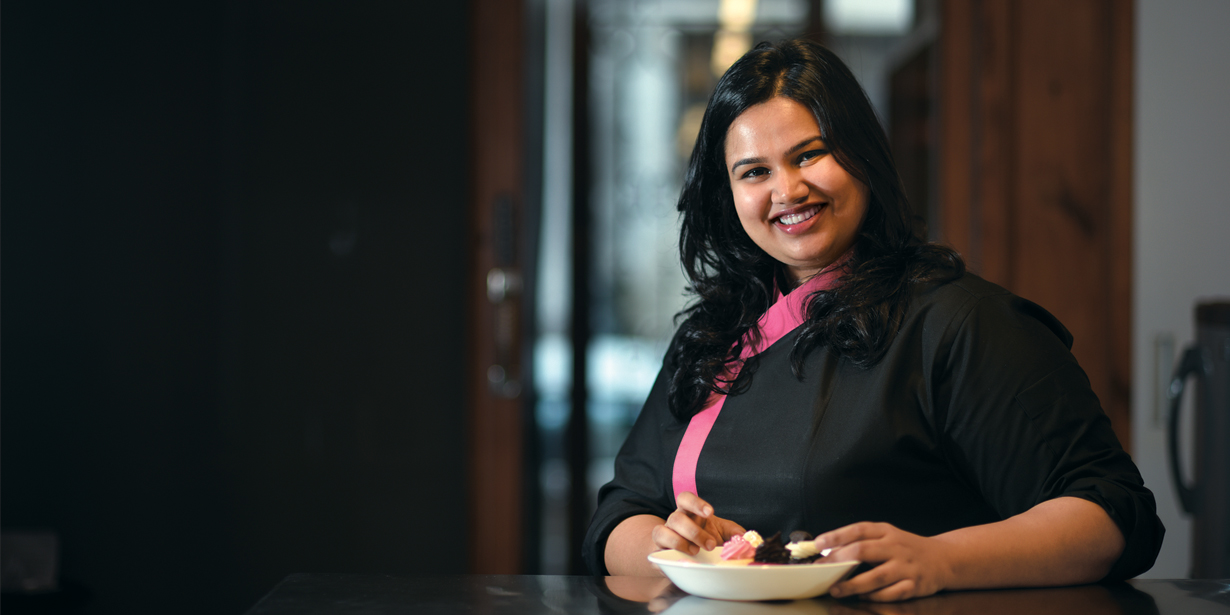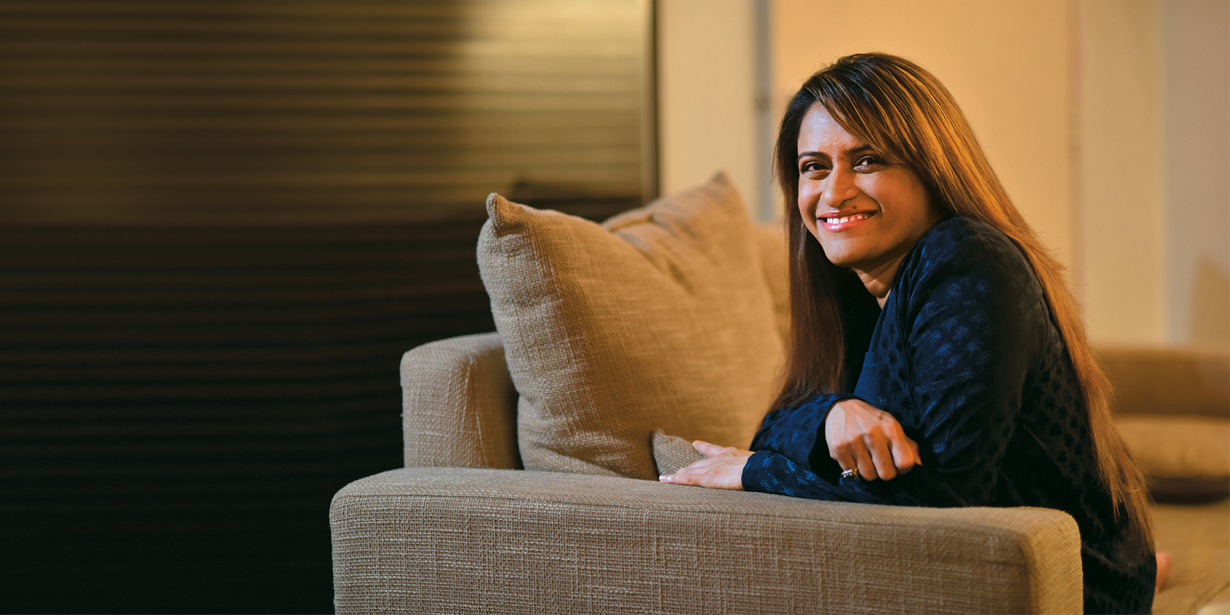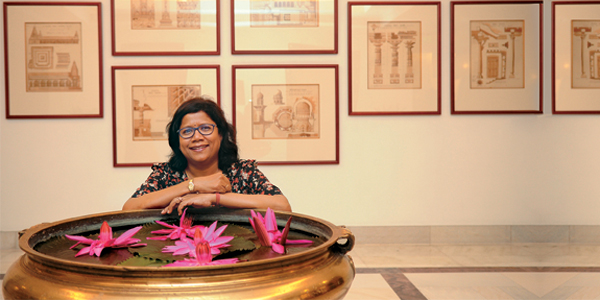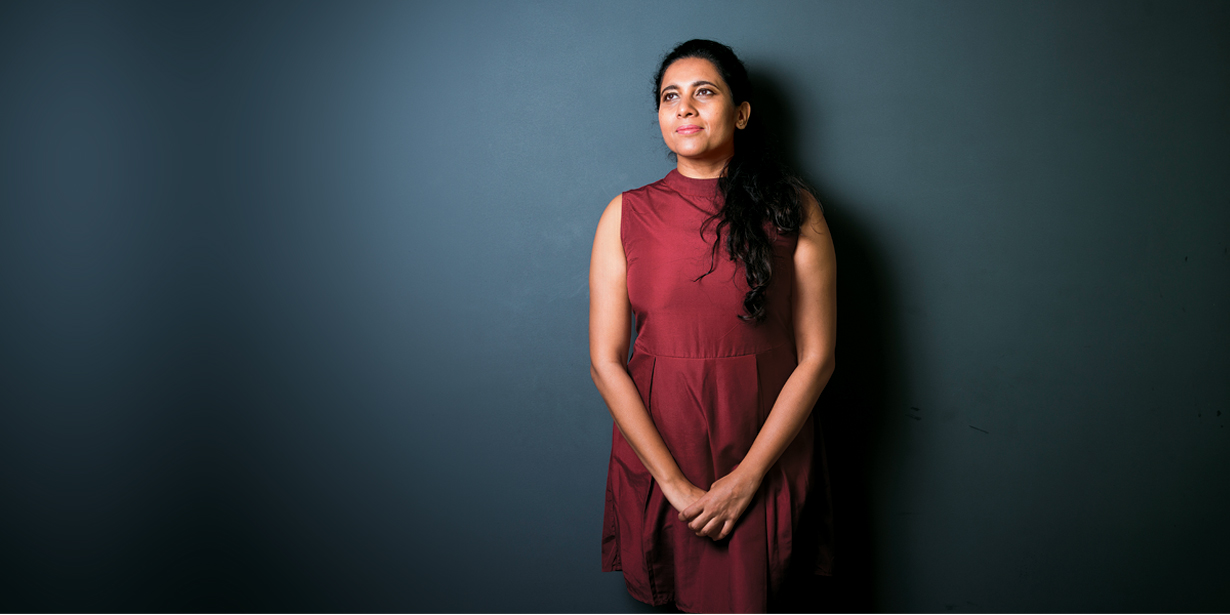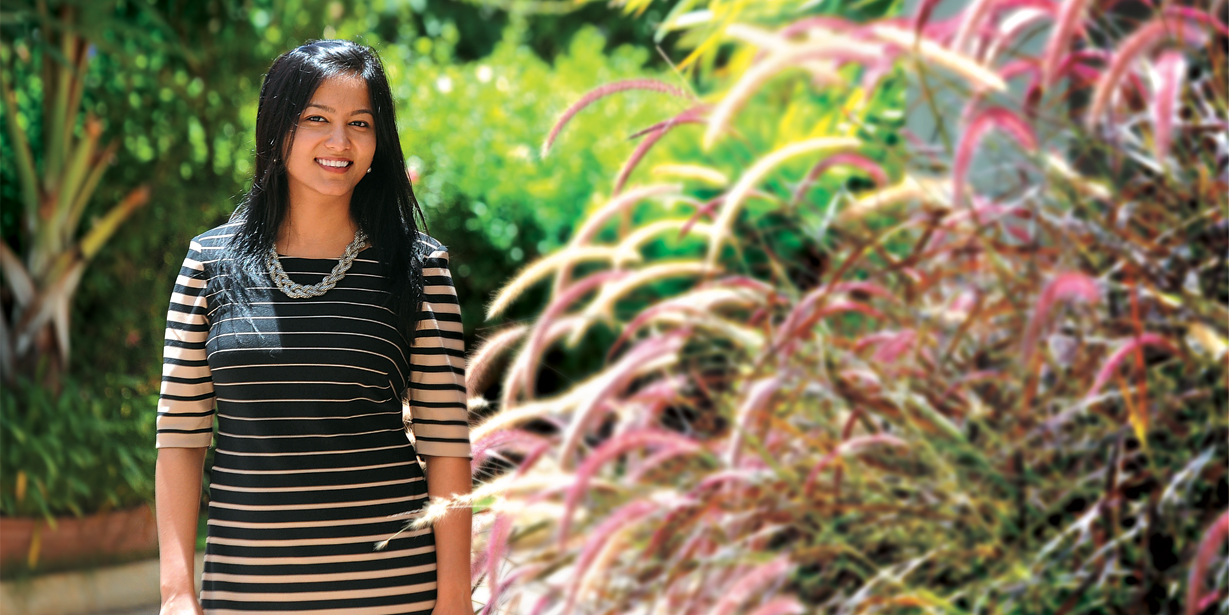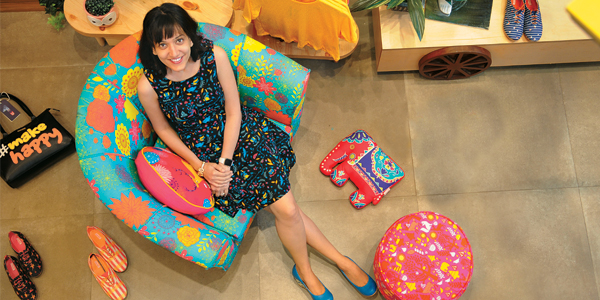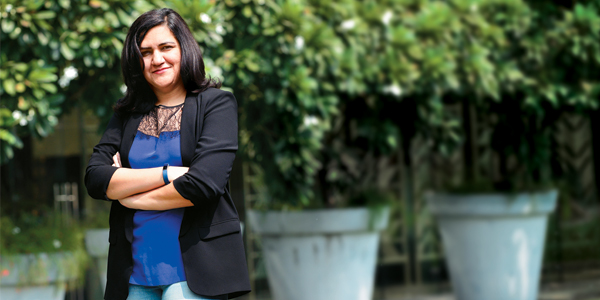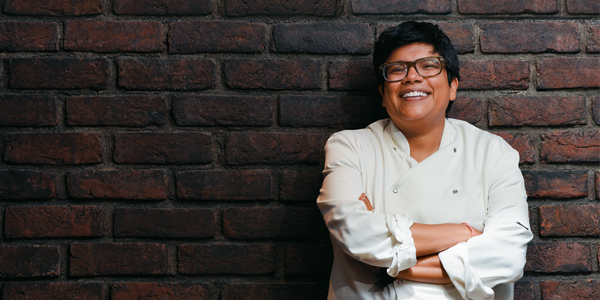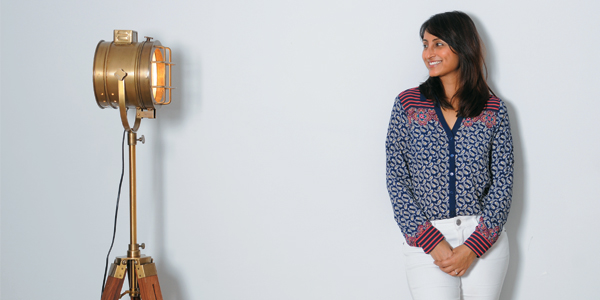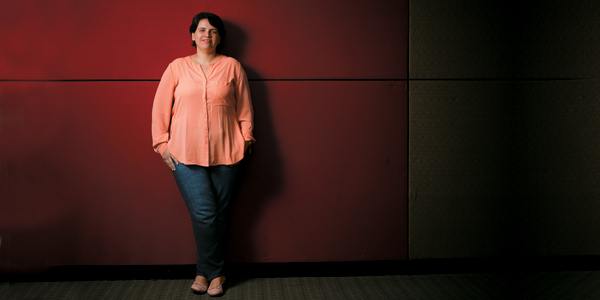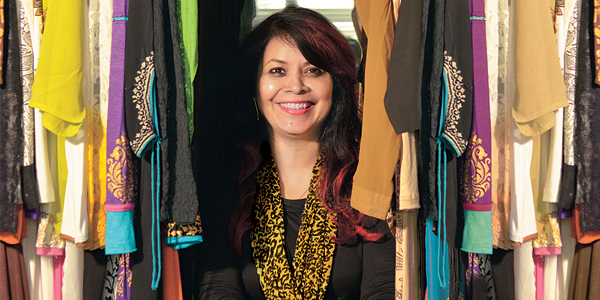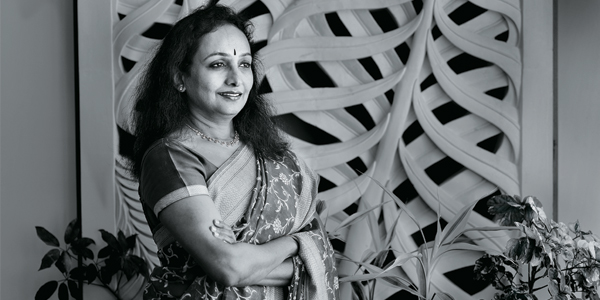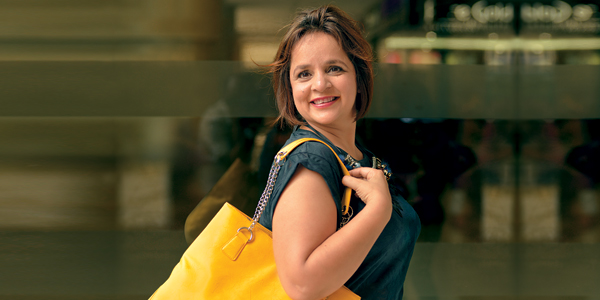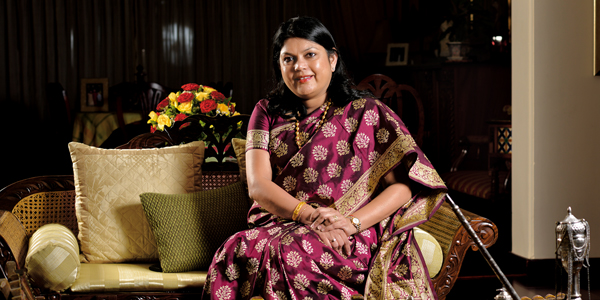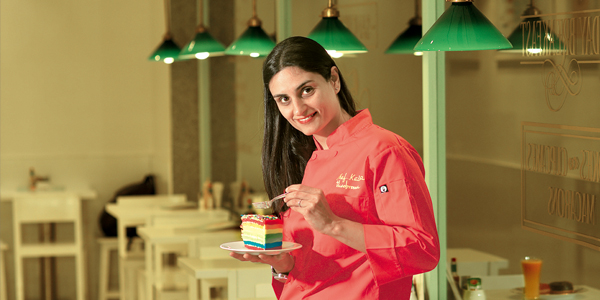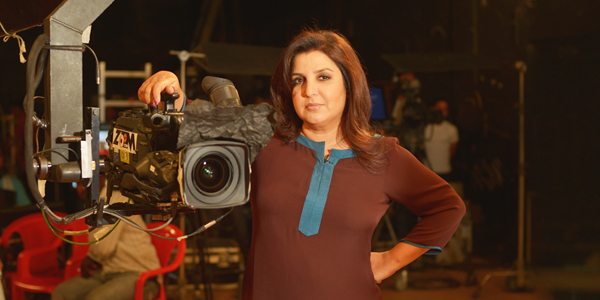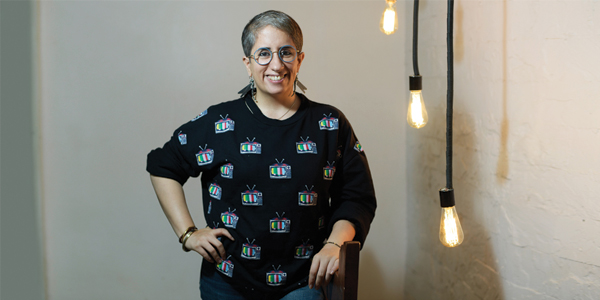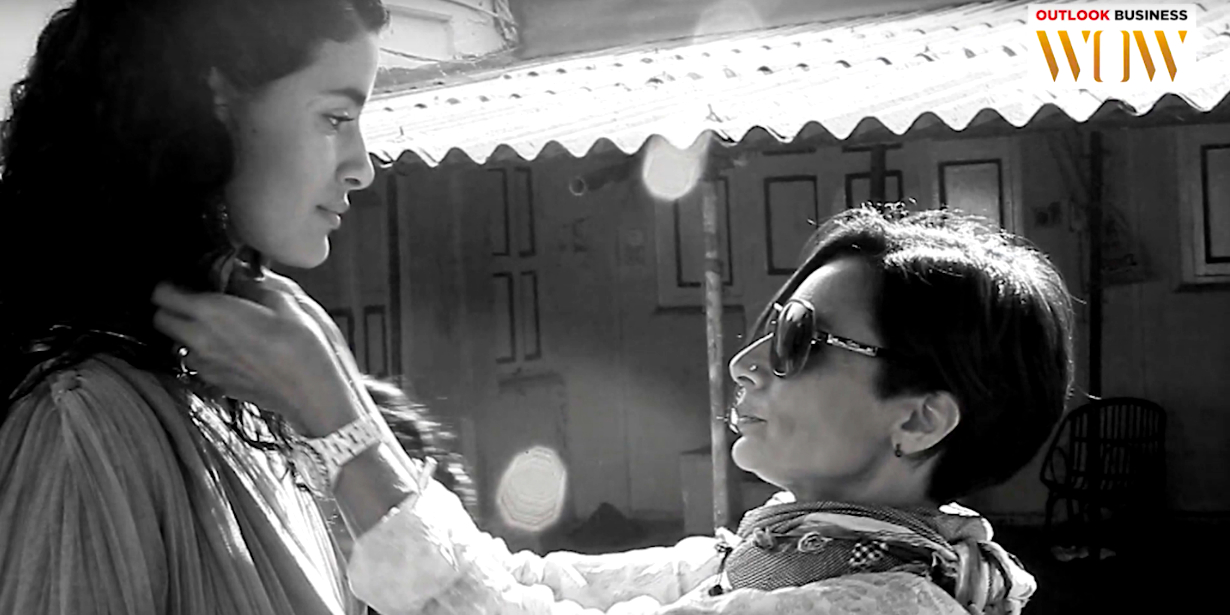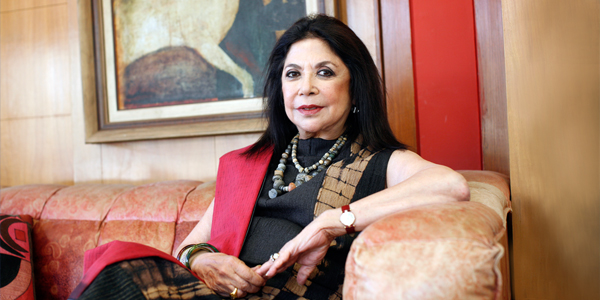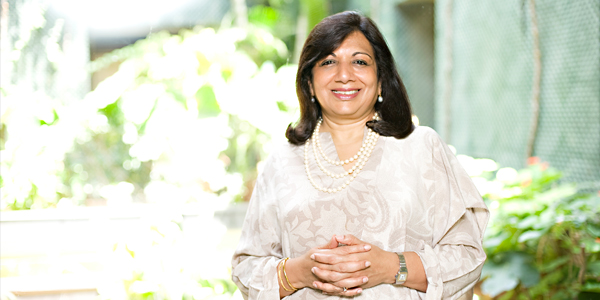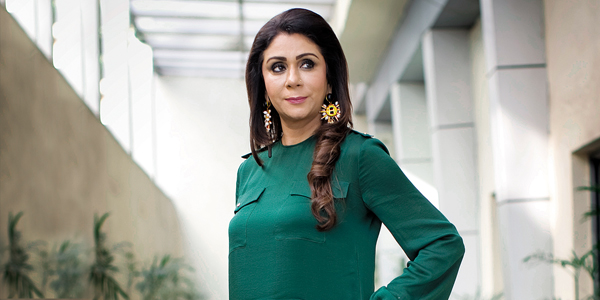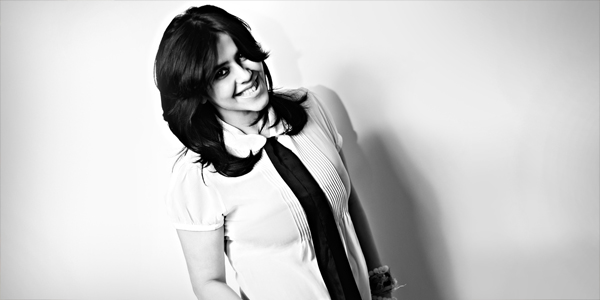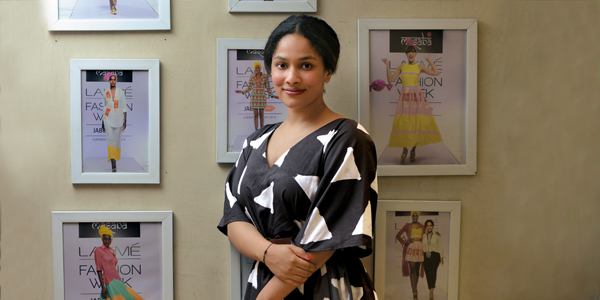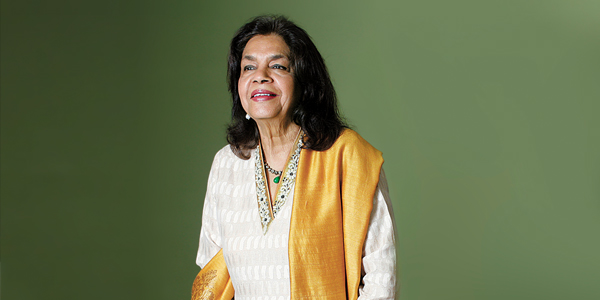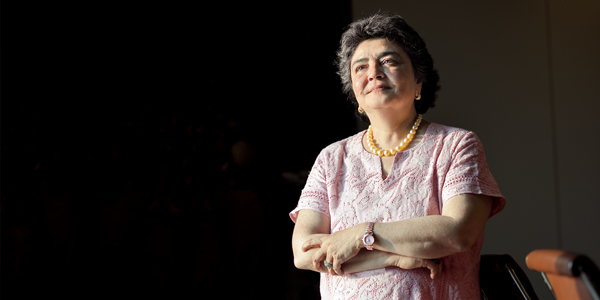A sociologist becomes the pioneer of country’s first qualitative research company: Meet Meena Kaushik
Quantum Consumer Solutions’ Meena Kaushik defied cynics to emerge as an astute entrepreneur
Vivacious, cheerful and intuitive – these three words probably are the best brief description for the executive chairman at one of India’s largest qualitative market research firms. Her words ring sharp with clarity and confidence and often come backed up with a deep study of the topic of discussion. It’s what multinationals seek her out for, and perhaps, what also impressed former British pharma company, Beechams, in her detailed report on the status of Horlicks in India. “I decoded all the symbols of packaging and advertising and it was unlike the superficial response the client was used to. It talked about where the brand was located in the culture, why it resonated with people and what was working for it in a deeper sense. And they loved it!” says Meena Kaushik, of her first market research assignment, with no formal training in the subject.
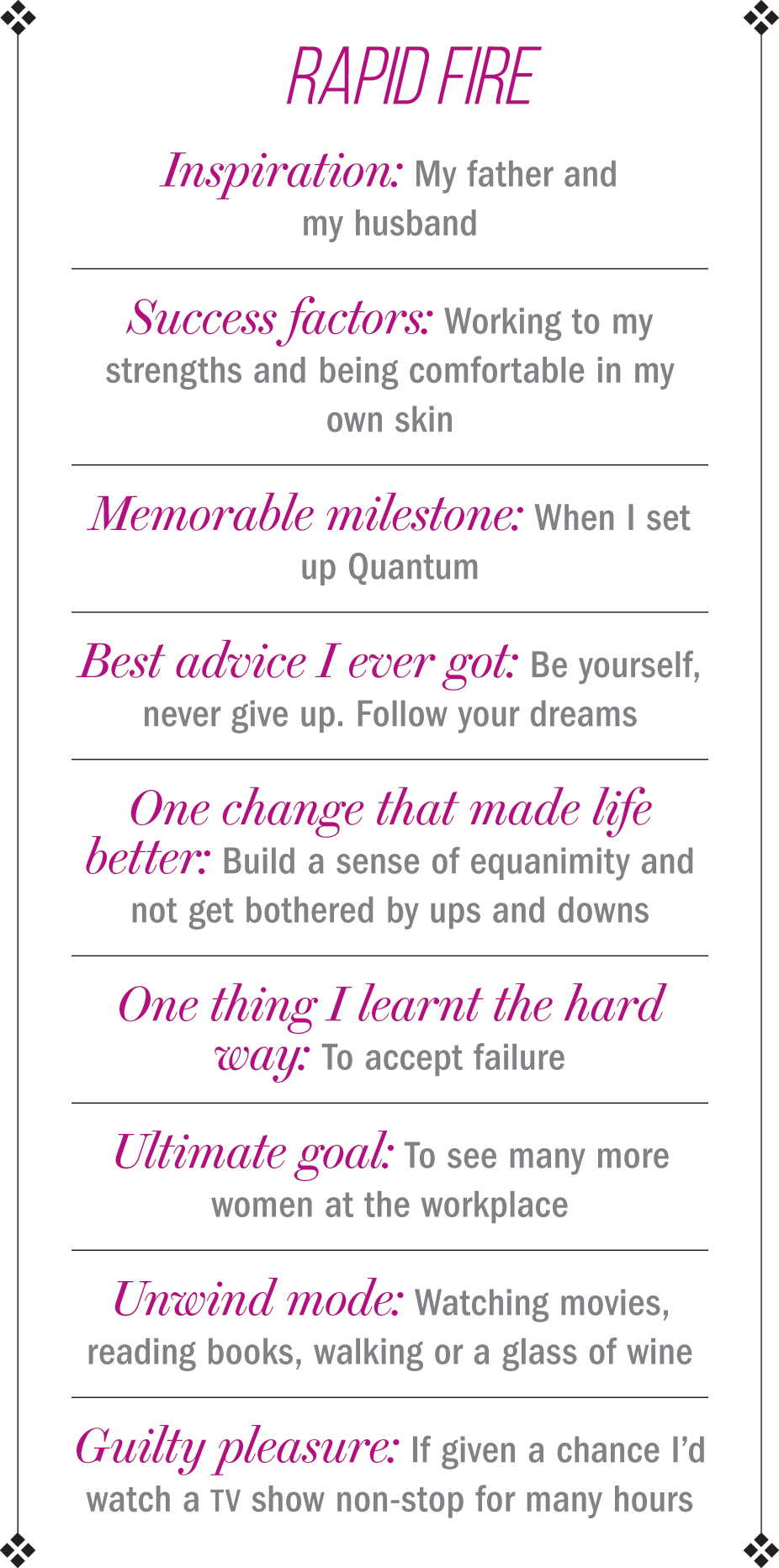 But she didn’t need any of it as her early course of study in semiotics had equipped her to be a natural in the division of qualitative research, the lesser loved unit of the marketing fraternity then. “Those were the days when quantitative research was at its prime, the agency was also hugely quantitative and clients also respected numbers over any qualitative input,” she recalls of the 1980s during her stint at India’s first market research firm, IMRB. But the poor perception of the field didn’t dissuade Kaushik, she saw value in the unit when nobody else did. Like a true opportunist, she not only established India’s first solely qualitative research company but dedicated the next three decades perfecting the discipline, to give it the merit it deserved in the field of marketing.
But she didn’t need any of it as her early course of study in semiotics had equipped her to be a natural in the division of qualitative research, the lesser loved unit of the marketing fraternity then. “Those were the days when quantitative research was at its prime, the agency was also hugely quantitative and clients also respected numbers over any qualitative input,” she recalls of the 1980s during her stint at India’s first market research firm, IMRB. But the poor perception of the field didn’t dissuade Kaushik, she saw value in the unit when nobody else did. Like a true opportunist, she not only established India’s first solely qualitative research company but dedicated the next three decades perfecting the discipline, to give it the merit it deserved in the field of marketing.
The other side
Kaushik, who is now the executive chairman of Quantum Consumer Solutions, didn’t exactly yearn for a corporate career though. Born and raised in Delhi, Kaushik earned a degree in economics from Miranda House in 1968. But, soon after her three-year course, she found herself less interested in numbers and statistics and instead drawn towards sociology and cultural studies. And so she completed her Masters in sociology from the Delhi School of Economics. “The switch was the best decision I made. The moment I began studying social anthropology, I knew that this is exactly what I wanted to do,” she recalls.
By this time, Kaushik was married, had her first-born and moved base to Mumbai in 1979. Having to look after a toddler prevented her from taking up the job of a lecturer at Mumbai University, which is when she was offered the job of a consultant at IMRB. By Kaushik’s own admission, she wasn’t too pleased to switch over to the other side, “I was extremely derisive but my PhD, guide, Veena Das, who has been a great mentor told me, ‘Don’t fool yourself, academics is a place to hide. Go on out there and find something that will inspire you.’” Post the Beechams assignment in 1979, she was called in for more work and despite being a novice at it, Kaushik describes that her corporate job required her to apply her academic learning, which only made the job interesting. Within a year-and-a-half, she was working full time as the director of its qualitative research arm.
But it wasn’t a department that got the limelight it deserved. She says, “That was my first experience of running a business. Qualitative research is more indicative of consumer trends and can always be corroborated with quantitative studies, so my first job was to make clients see that.” Apart from that, Kaushik described the field as being perceived to be personality-dependent, with clients often trusting results only when it came from a certain researcher since they didn’t see it as a science. And lastly, was the gender bias in this field. Kaushik recalls, “It was believed that only housewives and women who have nothing better to do will get into this type of research — the men do the numbers, the serious stuff and the women do the softer part.”
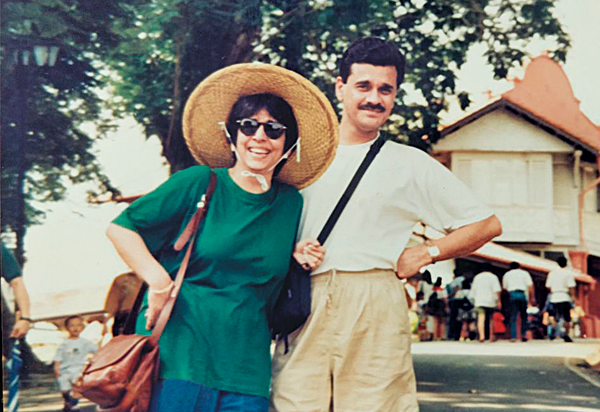
Even as she went about trying in her own small capacity at IMRB, to change the attitude towards her chosen field of interest, she kept at refining the subject as well. It was in 1981 that she quit IMRB to start MARG, with her former boss, Titoo Ahluwalia. While the qualitative research firm is what paid the bills for the new venture in the initial years, Kaushik felt that it was still considered as the lesser entity within the organisation. That’s when she decided that if qualitative research as a discipline had to grow, it had to do so without the confines of a bigger marketing agency. Now, in the 1990s, a marketing agency solely offering qualitative findings was unheard of. Ahluwalia cautioned the budding entrepreneur then, saying, “You won’t be able to survive on qualitative research alone. You’re a great researcher, but you don’t know how to run a business.” But this woman entrepreneur was passionate about her practice and she prepped herself for taking over the reins of her own company. Kaushik recalls taking lessons in cash flows and accounting from her husband’s former boss, ex-chairman at Lipton India, Pradeep Dutt. She was confident that her clients who saw great value in her work, would also follow suit and they did. And so on September 12, 1990, this anthropologist along with a linguist (Meera Vasudevan) and psychologist (Srilekha Agarwal) set up India’s first qualitative research company.
Keep Hustling
However, fending off cynical peers wasn’t the only challenge the trio faced. Kaushik recalls meeting a Registrar of Companies official while registering Quantum, who asked, “So, who is this shell company for?” Securing finance from a local bank came with its own set of prejudicial requirements. But, Kaushik dealt with it in her own tactful manner. “The branch manager said he’d sign an overdraft once I got a letter from my husband certifying to be my guarantor. In return, I asked the man to furnish a character certificate from his wife. He laughed then but having seen my point he not only signed the overdraft but turned out be one of our great supporters thereafter,” she narrates.
At a time when her peers were lacking encouragement, multinational clients switching their accounts to Quantum kept them motivated. Citibank, Unilever and ITC were among the blue-chip clients who helped the start-up gain a foothold in the industry. While this helped streamline their cash flow, Kaushik and her partners were cognisant that they had to sustain it so they could pay salaries and other expenses on time. And they managed to run a sustainable venture from the first month itself. The ultimate goal was to show how market research could be done differently and create a mark for themselves in the industry. And Quantum has been doing it for the past 27 years. Employing 250 people from diverse fields such as economics, history, sociology, linguistics, it has marquee clients across India, Bangladesh, Sri Lanka, Singapore, Indonesia, China with an office coming up in London early next year.
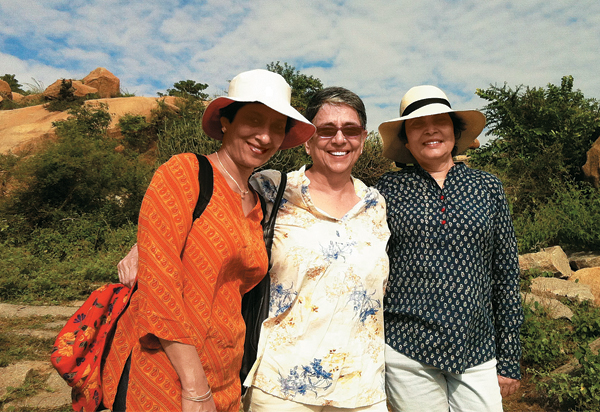
But the vision for her enterprise doesn’t stop at that. The future goal involves evolving the firm into a holistic design and insight solutions brand. A vision she shares with several employees and her two children who joined Quantum in what she describes as a “comedy of errors” — one was pursuing her course in herpetology and the other waiting to start his MBA course, worked for the firm on a temporary basis, only to find themselves good at the job. Thus, they decided to take up a permanent role at the firm. While her husband is the only non-Quantum convert, his contribution as a supportive spouse finds frequent mention over the course of the interview.
Kaushik calls him a “woman’s man” who never offered any unsolicited advice or imposed any restrictions, “His own mother was a working woman, so he understood. And he was a very helpful father, especially during the early years at Quantum when I was always travelling for work.” Apart from a solid support system at home, the 66-year-old grandmother has her passion and drive to thank for her successful journey so far — one with a fair share of ups and downs. But the lesson she imparts at work is, “If you don’t fail, then how will you succeed? I believe you must burn your hands once or twice.”
After having achieved her career goals of enhancing the field of qualitative research and demonstrating that women can run a business, is there anything left to prove? Introducing more women to the workforce and inspiring them to believe that one can manage a home and successfully run a business remains a constant pursuit. And the woman who showed it can be done has one pertinent advice for other women who strive to stand on their feet, “Don’t try to emulate a masculine style of running a business. Be yourself, believe in yourself and follow your dreams. If it’s something you’re passionate about, then you’re bound to find success.”
